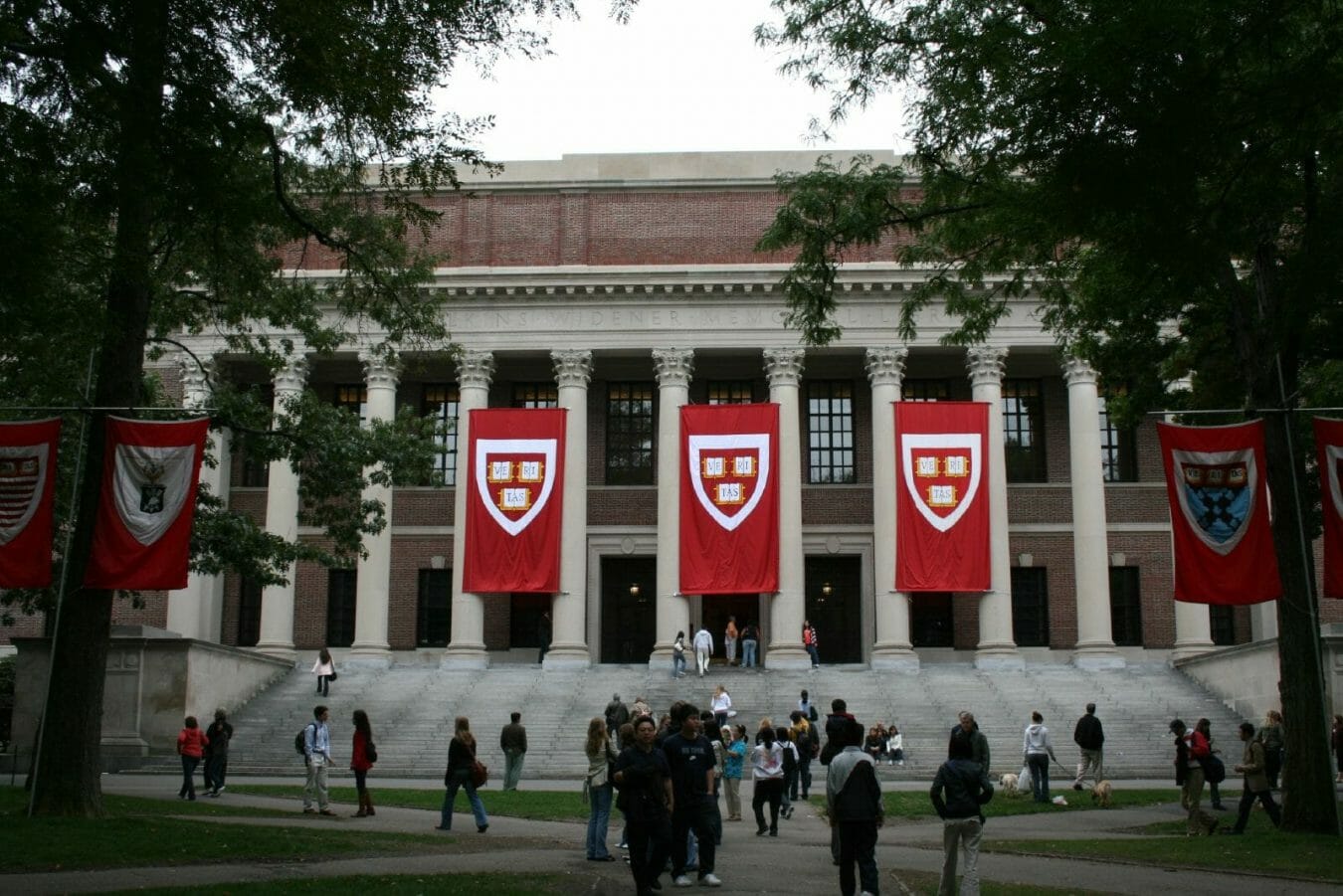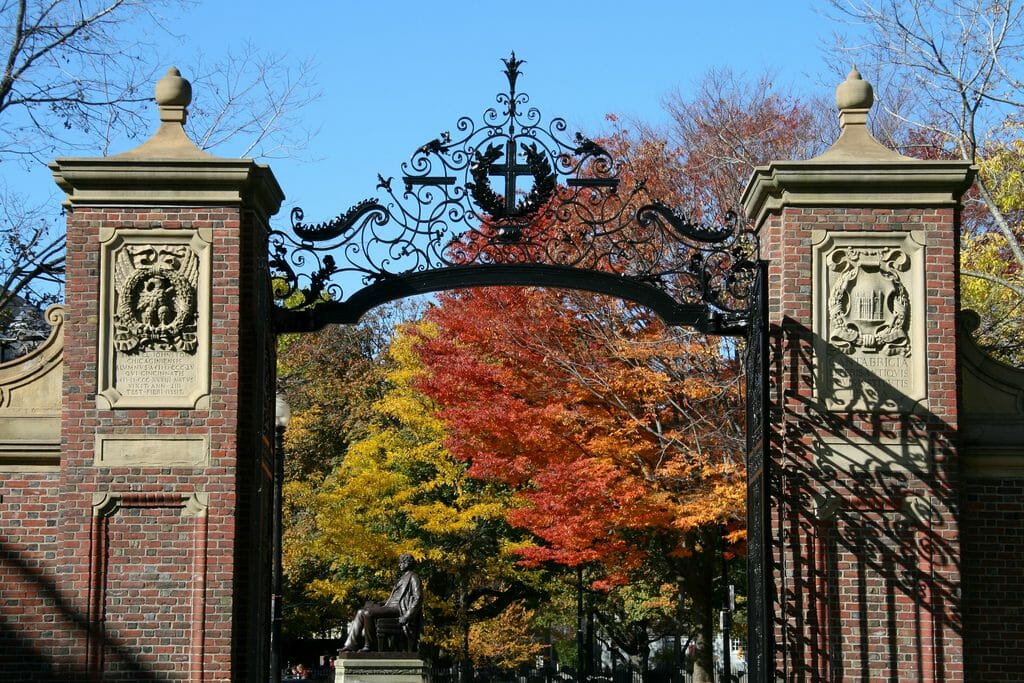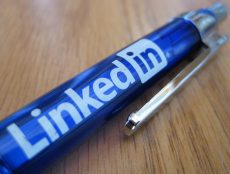
Articles
Editor’s Picks
Harvard Announces LabXchange, an Online Platform for High School Science
By Henry Kronk
July 22, 2018
While many schools remain slow on the uptake with online learning, one Ivy League university remains at the forefront of the practice. Harvard University was an early proponent of MOOCs and proved instrumental in developing edX, one of the most popular MOOC providers and platforms. Since, online initiatives such as HarvardX, HBX, and numerous distance degree programs have followed. This week, yet another initiative will join the growing body. With help from the Amgen Foundation, LabXchange will be an online platform and resource for high school and university science students.
The Issue with High School Science Labs
In secondary science education, often students approach new units without getting their hands too dirty. When they do conduct labs, they’re often following scripted lesson plans that were developed years ago.
‘For many students, science is a pile of facts,” said Professor Robert Lue, who teaches molecular and cellular biology, in an interview with the Harvard Gazette. “It’s a pile of things that were done in the past that have to be memorized. They don’t have as much of a chance as we’d like to explore the very process of science, where you build a hypothesis, understand a method, and figure out how to apply a method to an appropriate experimental problem.”
One issue that many science students face is a lack of access to a good lab. Labs, after all, are expensive. The average school simply lacks the resources to provide students with the tools to pursue scientific experimentation.
What Is LabXchange?
LabXchange seeks to do something about that. Instead of bringing students through tired, rote experiments, it asks students to be initiators and agents when using the scientific method. It will serve as a resource for both learners and instructors.

“I’ve spent decades designing very sophisticated labs for large courses in college, and working with high school teachers trying to do the same thing,” Lue said. “And quite often the labs that we design for our students are so focused on the experiment succeeding that they become cookbooks. They’re recipes. It’s like a cooking show. The students come in, they have a detailed recipe, they follow it mechanically, and then something comes out at the end, and that’s it. That is not science. At the other end of the spectrum are independent project labs that provide the experience of scientific inquiry but are very costly and impossible to scale.”
“Science is about understanding what has been done before, but then designing the method, choosing the parameters and the conditions, and then trying it yourself. And if it doesn’t work, you need to be able to troubleshoot it,” he said.
A large amount of the educational content will come from edX, which already hosts hundreds of science-based MOOCs.
The initiative was made possible with a $6.5 million grant from the Amgen Foundation. The organization is committed to advancing science education at the secondary and post-secondary level. In its nearly 30 year history, it has reached hundreds of thousands of students.
“Advances in technology are not only having an incredible impact on how we develop and deliver innovative medicines to patients, but also in how we educate and inspire the next generation of scientists,” said Robert A. Bradway, chairman and chief executive officer at Amgen, in a statement. “By joining forces with Harvard, LabXchange’s interactive educational platform will give students studying biology around the world access to a unique virtual lab experience for free, dramatically expanding the Amgen Foundation’s reach in science education.”
Cover Image: Wikimedia Commons









No Comments